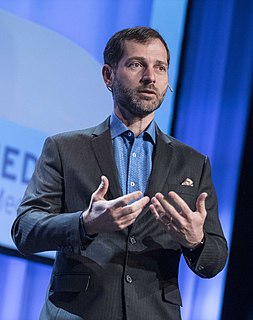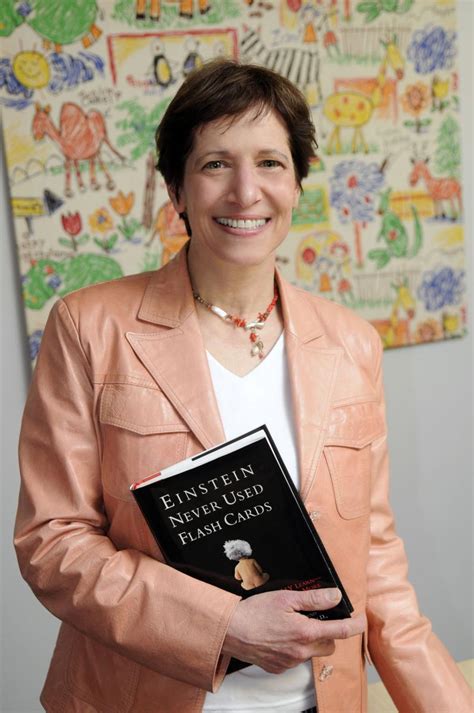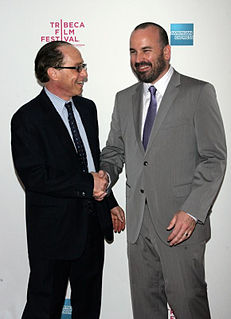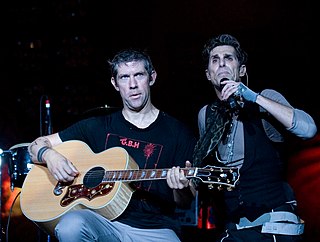A Quote by Horace Dediu
The idea of having more technology solving this idea of hyperactive lifestyle is not really the mainstream problem. I think the real innovation that’s going to be rewarded will be on things like, let’s convert our computers from being tools to being companions. Let’s convert our computers from being utilitarian to being enlightening. These are human needs.
Related Quotes
Over my career, I'd say the last 25 years; we've gone from music and computer being for 10 people in the world to having personal computers, to now being able to do amazing things on your iPhone, or with Rock Band. So, right now there's enormous capability with technology in our devices that everybody has access to.
We're training kids to do what computers do, which is spit back facts. And computers are always going to be better than human beings at that. But what they're not going to be better at is being social, navigating relationships, being citizens in a community. So we need to change the whole definition of what success in school, and out of school, means.
Everything is being run by computers. Everything is reliant on these computers working. We have become very reliant on Internet, on basic things like electricity, obviously, on computers working. And this really is something which creates completely new problems for us. We must have some way of continuing to work even if computers fail.
It’s a way of life to be always texting and when you looks at these texts it really is thoughts in formation. I do studies where I just sit for hours and hours at red lights watching people unable to tolerate being alone. Its as though being along has become a problem that needs to be solved and then technology presents itself as a solution to this problem…Being alone is not a problem that needs to be solved. The capacity for solitude is a very important human skill.
I've been asked to explain why I don't worry much about the topics of privacy threat...One reason is that these scenarios seem to assume that there will be large, monolithic bureaucracies...that are capable of harnessing computers for one-way surveillance of an unsuspecting populace. I've come to feel that computation just doesn't work that way. Being afraid of monolithic organizations especially when they have computers, is like being afraid of really big gorillas especially when they are on fire.

































